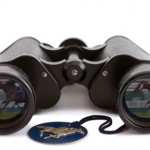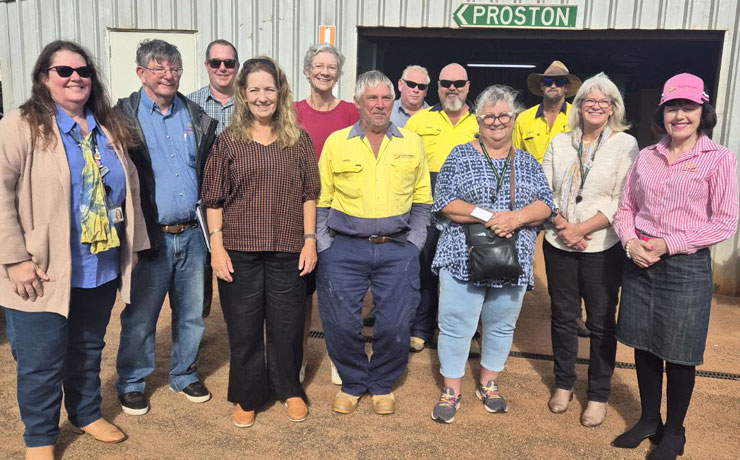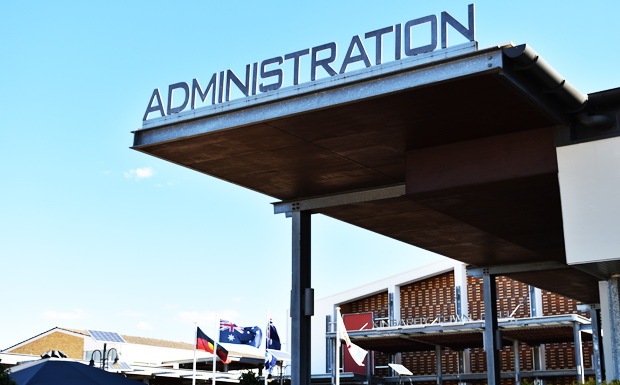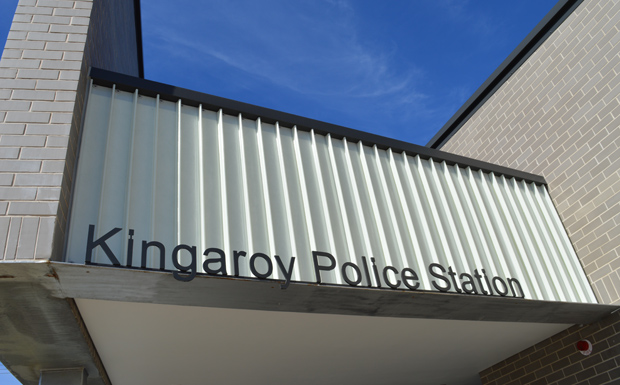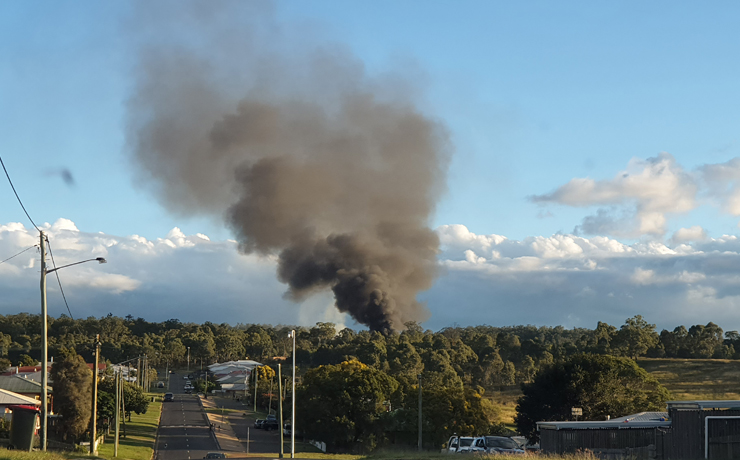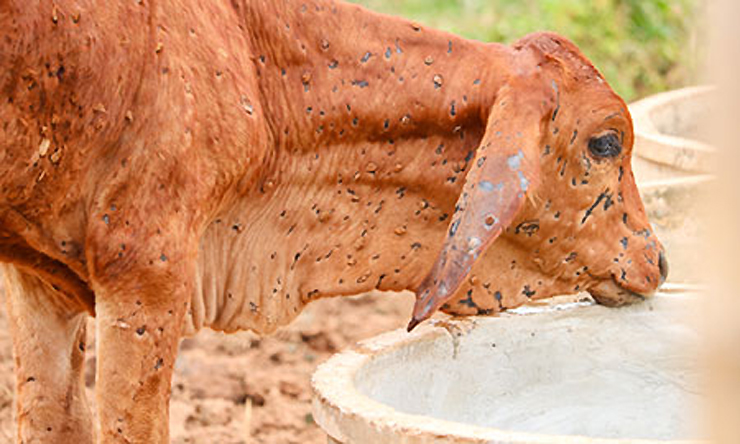
April 22, 2022
The State Government convened a meeting of industry leaders and other stakeholders in Brisbane this week in a bid to ensure Queensland is best prepared to address the risk of Lumpy Skin Disease (LSD) in cattle.
The disease was confirmed in livestock on the island of Sumatra in March but there is no sign of it in Australia yet.
It was reported for the first time in South and East Asia in 2019. In July 2020, it was reported in Taiwan and Nepal. Since then it has been found in Bhutan, Vietnam, Hong Kong, Myanmar, Sri Lanka, Thailand, Cambodia, Malaysia, Laos, Pakistan and Singapore.
The transmission of the virus which causes LSD is thought to be via biting insects such as mosquitoes and possibly ticks.
“We are working hard in co-ordination with the Federal Government, other States and Territories, industry and veterinarians to have measures in place to manage the risks,” Agriculture Minister Mark Furner said.
“LSD a highly infectious skin disease of cattle and water buffalo.
“Cattle with this disease can develop large skin growths over much of their body, which makes the animal very unwell and sometimes leads to death.
“The disease impacts production through emaciation, decreased milk production, damaged hides, and reproductive losses and it could jeopardise our market access. Animals that recover can remain in extremely poor condition for some time.
“Australia is free of Lumpy Skin Disease. We want to keep it that way, which is why we’re holding this Roundtable today and hearing about the latest surveillance, prevention and preparedness measures.”
Beef and dairy producers should watch for signs of LSD and immediately report anything suspicious to Biosecurity Queensland on 13-25-23 or the Emergency Animal Disease Watch Hotline on 1800-675-888.
- More information is available online
* * *
Earlier this month, the Federal Government announced it would allow the importation of live lumpy skin virus following “consultation, risk assessment and appropriate regulatory controls”.
Federal Agriculture Minister David Littleproud said the importation would help ensure industry had the best possible vaccine protection for emergency use and a well-developed national diagnostic capacity for early detection.
“Import of live virus is our best bet to prepare and protect Australia, and it is not a decision that we have taken lightly. Live virus would only be held at our world-leading Australian Centre for Disease Preparedness under strict containment,” Mr Littleproud said.
“Importing live virus would also lead to opportunities to develop more suitable vaccines, which will be of benefit to not just Australia but also the Asia-Pacific region.”








